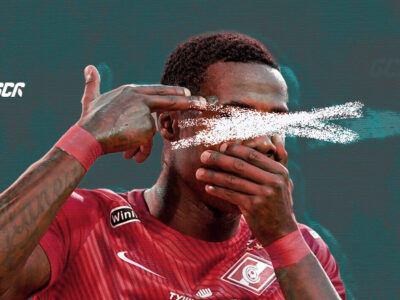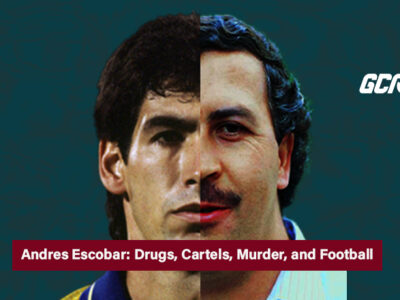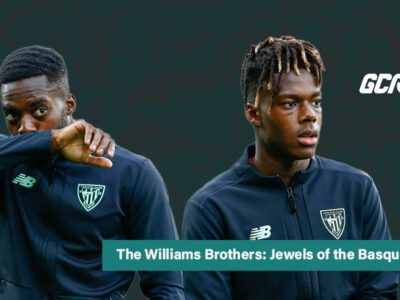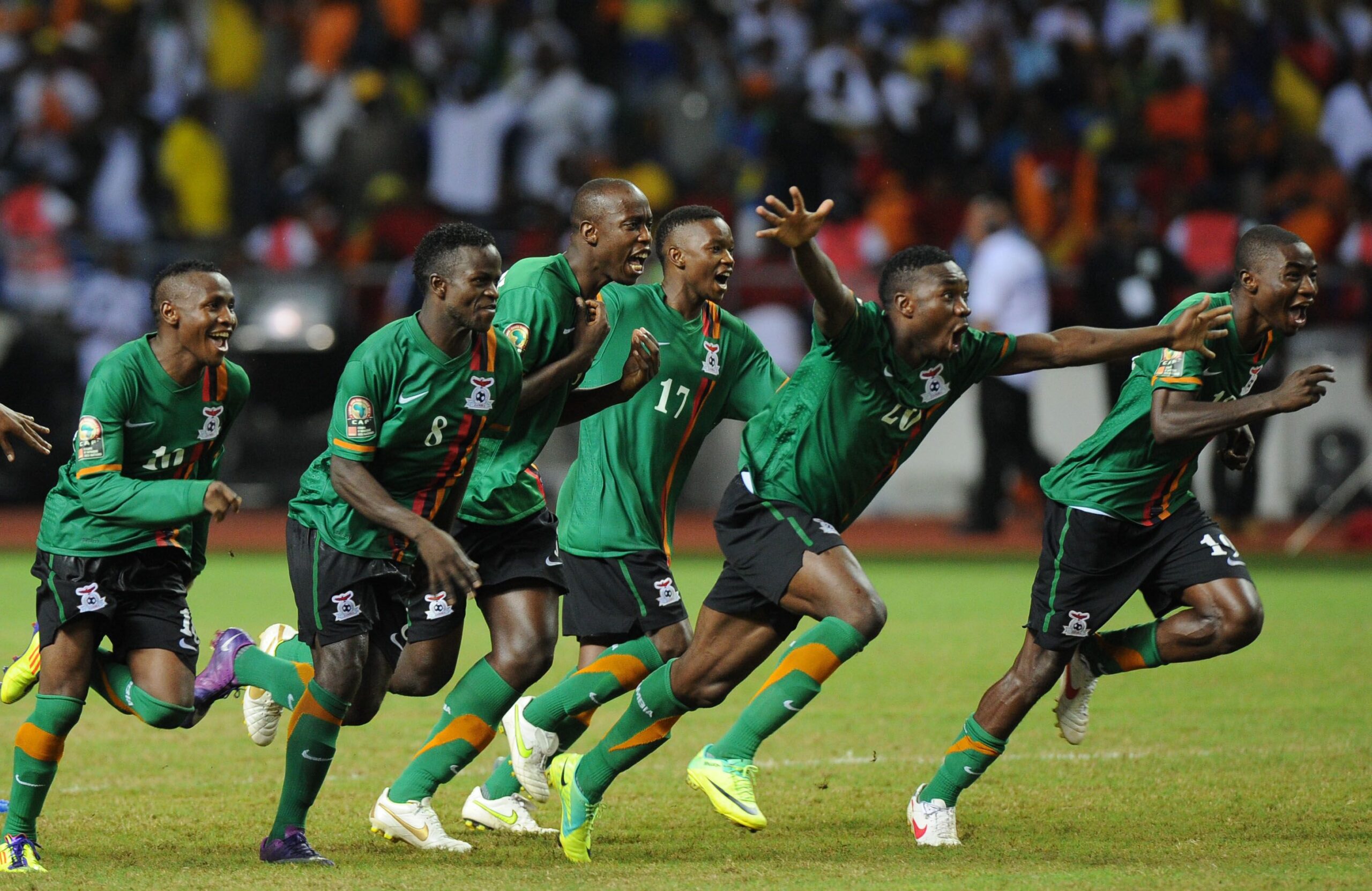In football, sometimes we spot a promising young talent and believe he would someday lift the Ballon d’Or, but shockingly their career takes a quick turn and ends before it even begins, painfully so when such a player makes disputable choices.
The debate surrounding professional footballers prioritizing lucrative contracts over the pursuit of sporting excellence has been a contentious issue within the footballing community for years.
Are players becoming more selfish? Do the feelings of spectators no longer matter? Don’t we miss the days of Ronaldinho, who played to entertain the fans?
One prominent case that often sparks discussion is the decision made by Brazilian midfielder Oscar dos Santos Emboaba Júnior to leave European football powerhouse Chelsea FC in 2017 to join Shanghai SIPG in the Chinese Super League.
The Oscar saga serves as a compelling example that typifies the ongoing tension between financial incentives and the traditional values of passion, competition, and sporting achievement in football.
Early comparisons to Kaka
During Oscar’s breakout years at Internacional and later at Sao Paulo, his performances drew comparisons to Kaka, who had made a name for himself as one of the world’s best midfielders during his time at AC Milan and Real Madrid.

Like Kaka, Oscar showcased excellent dribbling ability, intelligence in midfield play, and a knack for scoring crucial goals.
The comparisons were inevitable, given their nationality and similar style of play, but it’s important to remember that each player has their own strengths and career paths.
Kaka has won countless trophies at club and international level, winning the FIFA World Cup in 2002 with Brazil and the Ballon d’Or in 2007. Oscar, meanwhile, has enjoyed success at Chelsea and with the Brazilian national team but has yet to achieve the same level of success as Kaka in his prime.
Starring for Brazil with Neymar
Oscar and Neymar have indeed shared several memorable moments on the pitch, particularly while playing together for the Brazilian national team.
Te amo irmão! Simplesmente isso que eu te falo nesse momento! Tenha certeza que vamos correr o dobro por vc… pic.twitter.com/cH1rqgjTKP
— Oscar (@oscar8) July 5, 2014
One notable instance was during the 2014 FIFA World Cup. Neymar and Oscar played vital roles for Brazil during the tournament and formed part of a dynamic attacking unit that propelled Brazil to the semifinals against Germany.
Although Brazil shamefully lost 7-1 to Germany, Oscar’s only goal provided a brief moment of respite for the Brazilian team and their fans as they navigated the horror of living through the worst bottlejobs of all time.
Neymar and Oscar were also part of the Brazilian squad that competed in the 2012 Summer Olympics in London. While Neymar’s performances were particularly notable, Oscar’s presence in midfield provided stability and creativity to the team’s attacking play.

Further, although Neymar and Oscar haven’t won the Copa America together, they have featured in the tournament for Brazil. Their performances in Copa America matches have often been highlights for the team.
How good was Oscar at Chelsea?
In my opinion, Oscar was the most outstanding of all the young talents who played for the Blues (including Eden Hazard).
Watching him play evoked the deepest feeling of euphoria and pride, as well as the enthusiasm when screaming COYB! From the depth of his tactical understanding to his versatility on the pitch, one can easily conclude that Oscar was truly gifted.
🇧🇷 An Oscar golazo when Chelsea met Juventus in 2012 🔥🔥🔥 #UCL pic.twitter.com/AEgG1e540a
— UEFA Champions League (@ChampionsLeague) September 29, 2021
In his debut season at Chelsea, Oscar made an immediate impact. He scored his first goal for the club in a memorable UEFA Champions League group stage match against Juventus, showcasing his ability to perform on the big stage.
Oscar’s contributions in the 2012 Champions League were crucial in helping Chelsea reach the finals and win the league. The same impact was seen in Chelsea’s UEFA Europa League triumph during the 2012-2013 season.
One of Oscar’s remarkable moments was the 2014-2015 Premier League campaign under Jose Mourinho. Oscar played a pivotal role in Chelsea’s midfield, contributing both defensively and offensively to help the team secure the title.
Why did Oscar leave Chelsea?
Oscar’s departure from Chelsea to join Shanghai SIPG in the Chinese Super League came from the significant financial incentives offered by the Chinese club.
It shocked the world. His manager threw him under the bus. Fans and the media went for his head.
“Passion must come before money – that is the most important thing for us: the passion for football. If you have not got that, it is no good. No good.”
— Antonio Conte
His move started the trend of high-profile players in their prime moving to leagues such as the Chinese Super League and the Saudi Pro League for lucrative contracts.
And Brazilians topped the list. Some notable players who moved to China include Hulk, Paulinho, Alexandre Pato, Renato Augusto, and Ricardo Goulart.

While these moves offer players the opportunity to secure mouth-watering contracts, they have also sparked debates about the impact of money on the integrity and competitiveness of football, as well as the long-term development of the sport in those regions.
With the hindsight of how the careers of these players panned out, it’s safe to assume that the Chinese expedition was ill-advised.
Oscar’s several attempts to leave the CSL
After joining Shanghai SIPG in 2017, Oscar experienced mixed fortunes as he faced criticism at times for his form and fitness. He reportedly expressed a desire to return to European football on several occasions.
In January 2022, Oscar was linked with a return to Europe and a move to FC Barcelona. The move never happened. In March 2023, Oscar mentioned that he would love to return to Chelsea one day.
“Of course, it’s a dream to come back to Chelsea because everyone knows the passion that I have for this club.”
Despite reported interest from European clubs and Oscar’s desire to leave the CSL, securing a transfer away from Shanghai SIPG may have proven challenging.
This pic ‘leaked’ is true: here’s Oscar wearing Flamengo shirt, now waiting for final details to be resolved with Shanghai SIPG. Green light expected soon for the deal to be completed. 🚨🔴⚫️ #Flamengo
— Fabrizio Romano (@FabrizioRomano) August 1, 2022
…and despite the denials, Oscar is really close to join Flamengo. pic.twitter.com/B3ZG2XLzMc
Factors such as contractual obligations, transfer fees, and wage demands could have obstructed any potential move.
Oscar also flirted with a move back to Brazil. He also posted a picture with the Flamengo shirt. Nothing materialized.
Did Oscar turn his back on football?
The assertion that Oscar turned his back on football stems from his decision to leave top-level European football in his prime, prioritizing financial rewards over the pursuit of success and recognition in Europe.
“It is embarrassing that a player would give up his career and the chance to compete for the biggest prizes in the game, just for money.”
— Jamie Carragher
Additionally, Oscar’s performances in the CSL did not always match the standards he had previously set in European football, leading to speculation about his commitment to the game.
Critics may interpret his perceived decline in performance or lack of impact in the CSL as evidence of him turning his back on football.
Oscar’s case was more family-oriented, perhaps coupled with his father’s death in 2015.
“Every football player, or every person who works, wants to earn money to help their families. I came from a social background in Brazil that is very poor. We didn’t have anything. This is the fruit of my labour.”
However, the financial burden of providing for one’s family is a common reason why African and Brazilian players choose money over glory—glory doesn’t pay the bills.
The reality is that we can never tell for sure unless Oscar says it; everything else would just be conjecture.
But one thing is certain: Oscar gave up on football, and he seems to be at peace with it.
Who wrote this?
Desmond is a lawyer whose first love is the young boy from Rosario. He loves writing about the legal profession and sports.





















